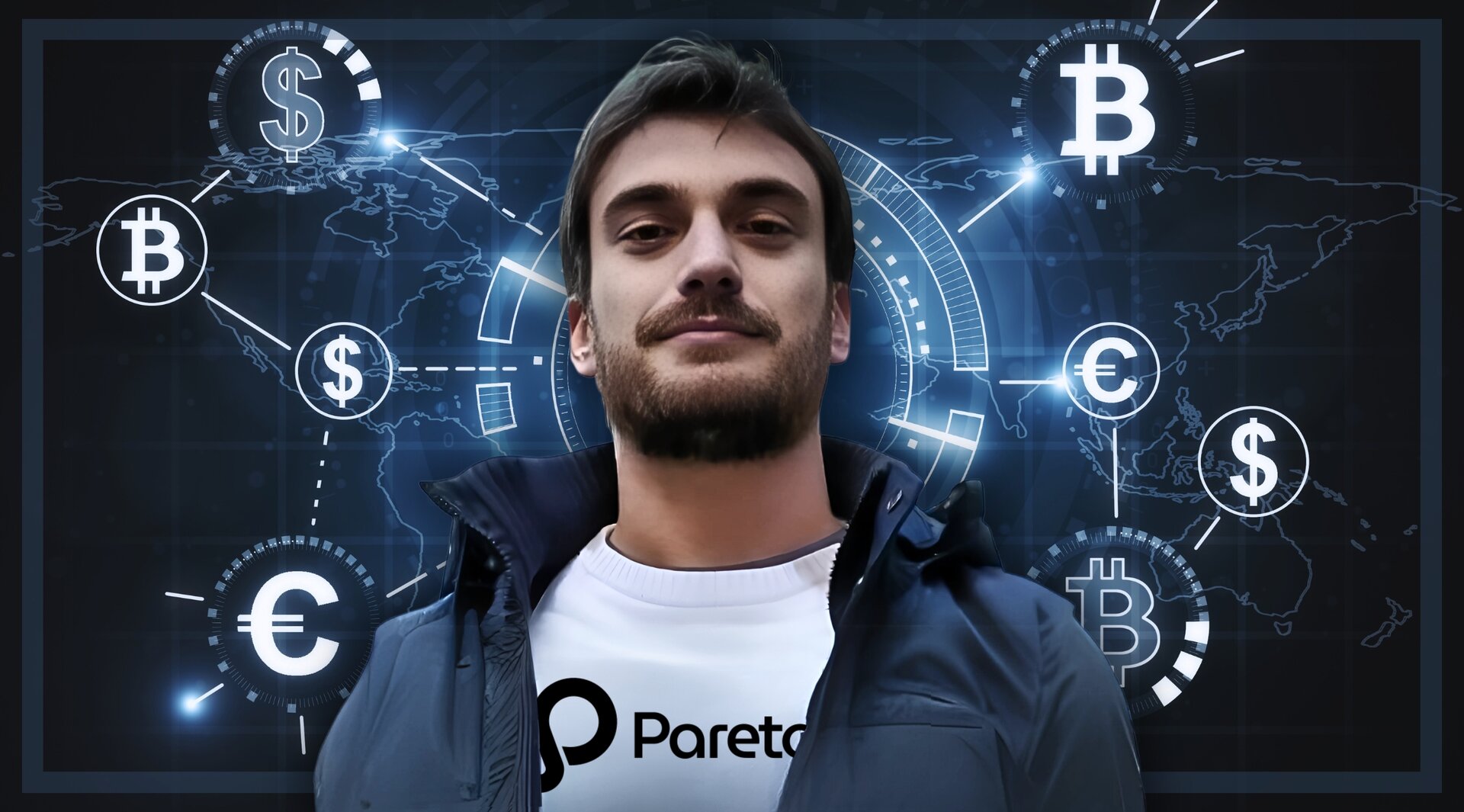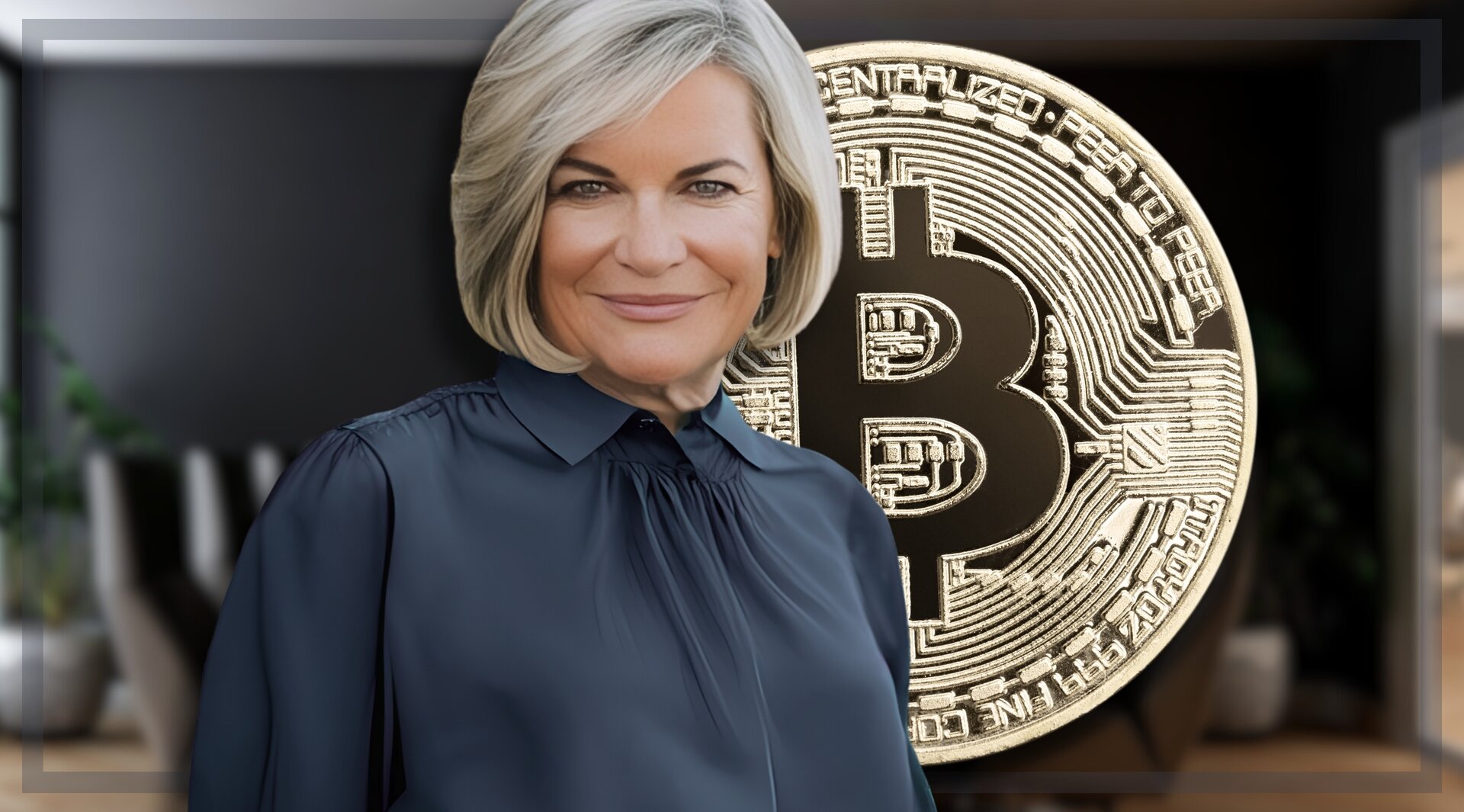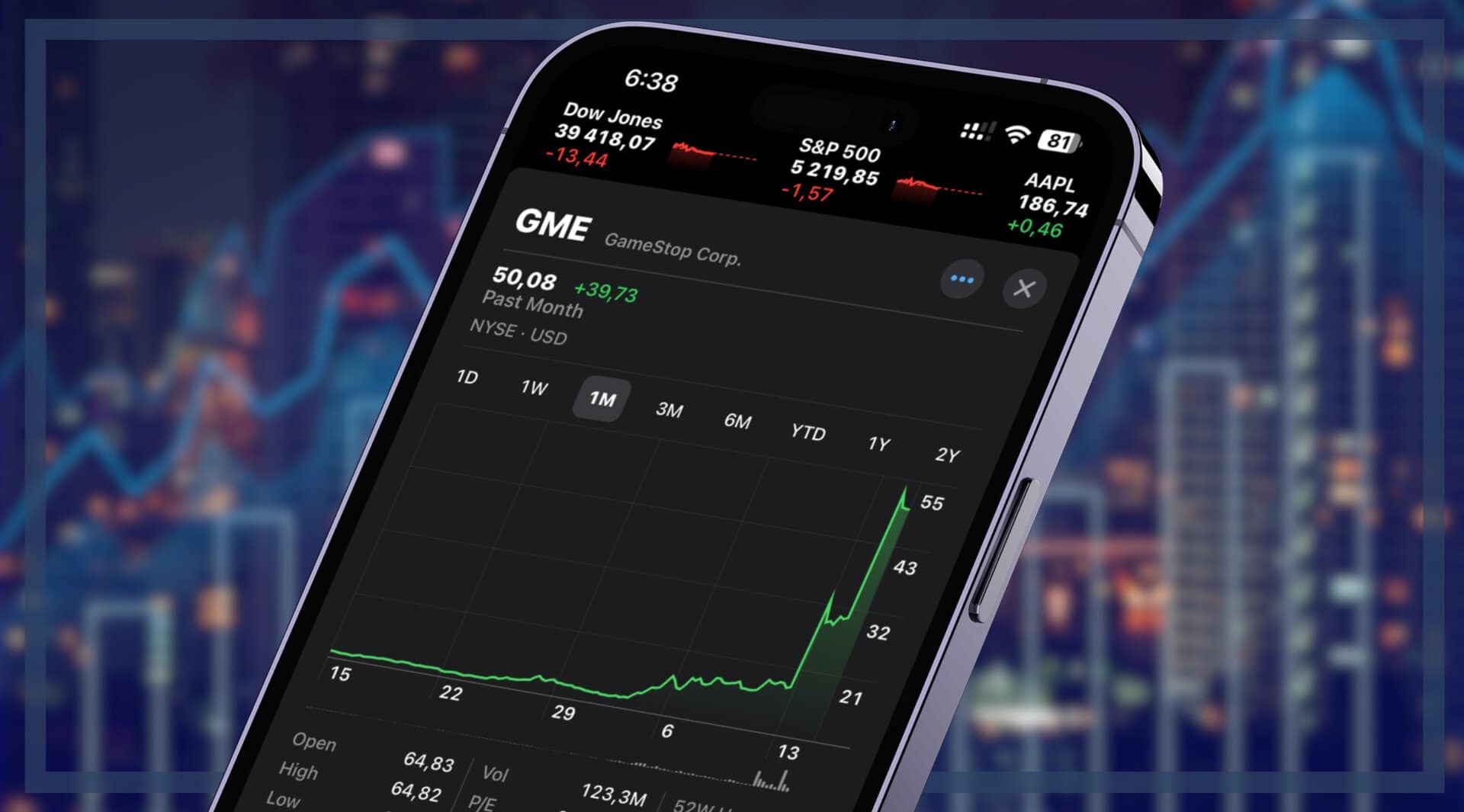A week after Startup founder Ryan Breslow resigned as CEO of Bolt. DisruptionBanking explores the story and draws on recent news from Silicon Valley. About the PayPal Mafia and Elizabeth Holmes.
All Startups need charismatic leaders and great investors. On paper this is usually more than half the battle when it comes to getting your dream business off the ground. Nowhere is this process more sophisticated than in Silicon Valley. That is, at least, until the Theranos scandal uncovered the inner workings of the Bay area and its ecosystem.
Last week the CEO of Bolt resigned from his role at the unicorn. Not to be confused with UBER’s competitor Bolt, from Estonia. The Bolt that we are writing about is a Fintech in the payments sector and not a transport app. Ryan Breslow, one of the founders, and CEO of the startup till last week, was an ambitious Stanford student. While enrolled in Stanford’s Computer Science program, Ryan co-founded the Stanford Bitcoin Group, spearheading research into crypto-currencies, blockchain technologies, and alternative financial systems. Last week this is what he tweeted:
The boys club is real. https://t.co/d0LC33DDqS
— Ryan Breslow 🕺 (@theryanking) February 1, 2022
The story might surprise you. However, in the past there have been similar stories. In fact, the founders of Google were one of the first to forego the mantle of leadership. WeWork’s CEO was also under immense pressure in the recent past about the way he went about his CEO role. Eventually leading to his resignation. But why should someone like Breslow do the same? What has upset his ‘applecart’?
Who are the Silicon Valley Mafia?
It is a headline catcher to accuse Stripe and Y Combinator of being what Breslow calls the ‘Mob Bosses’. That title usually sits with Peter Thiel and the PayPal Mafia. PayPal founders Thiel and Elon Musk were early investors in Stripe. However, it is not clear how much influence they still have on how the market reacts to companies they invested in, like Stripe.
Today, the topic of the Mafia in the Bay area is back. And the accusation stems from the below Tweet:
We had several major product announcements that were game-changers at the time.
— Ryan Breslow 🕺 (@theryanking) January 25, 2022
> Zero fraud guarantees.
> 1 click checkout.
Both had organically made it up to #1 on Hacker News with 100s of upvotes. ⬆️
Within the hour, Stripe posted, gotten theirs to #1, and ours was gone.
In the tweet, Breslow accused Hacker News of favouring Stripe, one of the major competitors of Bolt. Hacker News, however, didn’t agree with this hypothesis and submitted their own explanation on Y Combinator’s site. In the blog they highlight how Stripe has achieved “what you could call ‘community darling’ status on Hacker News. It’s true that this is incredibly hard to do.” Bolt hadn’t achieved it according to Hacker News. They explain in their blog how they believe that Breslow’s insinuations are false.
So why did Breslow start to throw around the ‘Mafia’ or ‘Mob’ labels then? Was the crime enough to justify the campaign that the former Bolt CEO kicked off?
A Forbes story from 2018 about the Stanford Bitcoin Mafia might shed some light on the issue. In the story, Breslow is listed as one of the seven core members of the ‘Mafia’. The core members of the group, all of whom were students of the University, were mentored by Andreessen Horowitz partners Balji Srinivisan and Vijay Pande. Breslow himself dropped out of Stanford. But remained involved in Griffin 304, a dorm at the edge of Stanford campus, where the members of the Stanford Bitcoin Group made an entrepreneurship themed dorm room. 2013 and 2014 were the most important formative years for the group of young entrepreneurs and they spent a lot of time together in Griffin 304.
Two members of Griffin 304 were given a prestigious $100,000 grant from tech mogul Peter Thiel. This was in 2014. 2014 is of significance later in this story too. Breslow wasn’t one of the beneficiaries of the grant.
Previous Thiel fellows who have received the grant include Vitalik Buterin, the founder of Ethereum.
The Oligarch of Silicon Valley
Co-founder of PayPal, Peter Thiel was a key advisor to the Trump administration too. In a recent Bloomberg story by Max Chafkin, Thiel was neatly described by the writer:
“Trump’s presidency would not end badly for Thiel…,” the writer explained in the story. ”Thiel’s companies would win government contracts, and his net worth would soar – and it would, crucially, remain in the legal tax shelter that he’s spent half his career trying to protect. As a venture capitalist, Thiel had made it his business to find up-and-comers, invest in their success, and then sell his stock when it was financially advantageous to do so. Now he was doing the same with a U.S. president.”
However, Chafkin does also explain how, “Thiel isn’t the richest tech mogul, but he has been, in many ways, the most influential.”
People forget Silicon Valley legends like Elon Musk, Peter Thiel, Max Levchin, Keith Rabois, David Sacks, and the rest of the PayPal Mafia have been working on improving money and banking since the late 1990s.
— Pomp 🌪 (@APompliano) August 11, 2018
No wonder so many of them deeply believe in Bitcoin and crypto.
Thiel has been leading the PayPal Mafia since the late 1990s. The company founded by Thiel, Elon Musk and Max Levchin, has supported the growth of several billionaires and many more millionaires. From companies like YouTube and LinkedIn, the organisation provided capital to tech firms like Stripe and Facebook. You might be familiar with them, and probably the more entrepreneurial minded amongst our readers will also find them an inspiration. Others, like Breslow, the co-founder of Bolt, might not.
The success that the PayPal Mafia has been a key player of, makes it very influential in Silicon Valley. It might look like a real Mafia to those nearest to the holy chalice of unicorns.
Thiel’s PayPal Mafia isn’t the only way to get involved in the Bay area tech scene. In fact, a recent story is an excellent example of how one can do well in the Bay Area without the likes of Thiel, or the Mafia.
The Startup Founder out for Blood
It is a huge story that shook Silicon Valley. The story was about a young and charismatic woman. She was hailed as the next big thing.
By design, Elizabeth Holmes’ Theranos project was involved in testing blood samples. Nanotainers. The company was designed to be a disruptor. Holmes was heralded to be leading a medical revolution in the U.S. And the lab industry specifically needed disrupting.
Quest Diagnostics and Labcorp owned 80% of the market when Theranos broke onto the scene. Since then both firms have done very well. Especially during the pandemic. Quest Diagnostics is forecast to have a turnover of over $10 billion in 2021. Growing 14% from 2020. Labcorp’s results are due out this Thursday. The firm had a turnover of $14 billion in 2020 though. Elizabeth Holmes had been aiming very high. The market she was trying to tap into is growing at 14% a year, going by the two companies’ financial results.
Supported by leaders such as General James Mattis (the 26th Secretary of Defense in 2017 and 2018), Richard Kovacevich (the former CEO of Wells Fargo), Sam Nunn (a former U.S. Senator), Bill Perry (the 19th Secretary of Defense in 1994 to 1997), Henry Kissinger (the former Secretary of State), and George Schultz (the former secretary of the U.S. Department of Treasury in 1972). The Theranos founder pulled most of her investment and support from men with ties to Washington. Schultz was a particularly staunch supporter of Holmes.
George Shultz grandson who blew Theranos whistle toasted Elizabeth Holmes verdict https://t.co/TYy5cb6el6 pic.twitter.com/XbHfbLThM9
— New York Post (@nypost) January 5, 2022
Ironically, it was Schultz’ own grandson who brought about the demise of the tech firm his grandfather had championed. In their defence, none of Holmes’ backers were specialists in the field of medicine or laboratory testing. But then, isn’t that the whole point of a good Startup founder? To be able to sell snow to an eskimo? Or at least one of the strengths they need?
Theranos was having its hey-day back in 2014. Against all the odds and any sort of criticism, the firm was rolling out its revolutionary Edison machine. A machine that was able to be placed in any pharmacy and deliver multiple blood test results in minutes. Something that some market participants said was physically impossible. When faced with these allegations and feedback from customers about the faulty machines, Holmes came clean. The machines didn’t work. Sometimes it’s just hype.
At the same time, a group of seven students were setting up the Stanford Bitcoin Mafia. Elizabeth Holmes dropped out of Stanford, so did most of the members of the group. But ten years divided them. Ten years in which Facebook became a global giant. Multiple companies nobody had ever heard of before became household names. And much more.
Someone like Elizabeth Holmes stands a good testament to how loud the voice of a startup founder can be. Could this story repeat itself in the future? Or is it getting harder to pull the wool over investors eyes?
Do founders of Silicon Valley tech firms have a voice?
Today’s founders live in a much more internet-friendly world. The constant demands on the time of a startup founder are immense. From fielding multiple innovative supplier solutions to fighting for talent or growing client-base, they hardly sleep. On top of that they must always be ahead of the curve, and they need to know how to evangelise about it too. Startup founders don’t sleep much. Their egos don’t let them.
If you can break out of the rest, then you deserve to have a voice. Holmes found her voice.
Some founders see it differently though, especially Breslow:
The Mob is able to get away with bad behavior because founders cannot speak up.
— Ryan Breslow 🕺 (@theryanking) February 2, 2022
Breslow posted this on his twitter feed days after he said in an interview that “the only thing that was keeping me in the seat was ego. This lets me focus on my superpowers.”
Let’s hope his superpowers don’t fail the 27-year-old Silicon Valley leader. Breslow may be reminded of a famous Shakespeare saying.
“Some are born great, some achieve greatness, and some have greatness thrust upon them.”
Not everybody can be the Mozart or Shakespeare of their time. But today, nobody remembers the names of the people or much about the establishments that these great pioneers took on. We all remember them though.
Even Elon Musk seems to get it:
I don’t want to be CEO of anything
— Elon Musk (@elonmusk) July 30, 2021
To find out more about the stories we covered today, you can look at Max Chafkin’s latest book called ‘The Contrarian’, which is available to download on Amazon. To find out more about Theranos, you can download the documentary about ‘The Inventor’ prepared by HBO. Both stories are compelling.
Silicon Valley is a complex web for those on the outside. Learning more about the cogs in the machine is important for all of us, not just budding startup founders.
Author: Andy Samu
#Theranos #Bolt #ElizabethHolmes #SiliconValley #BayArea #PeterThiel #TheContrarian #TheInventor #PayPalMafia #StanfordBitcoinMafia #Stanford #CommunityDarling #Griffin304 #Stripe














